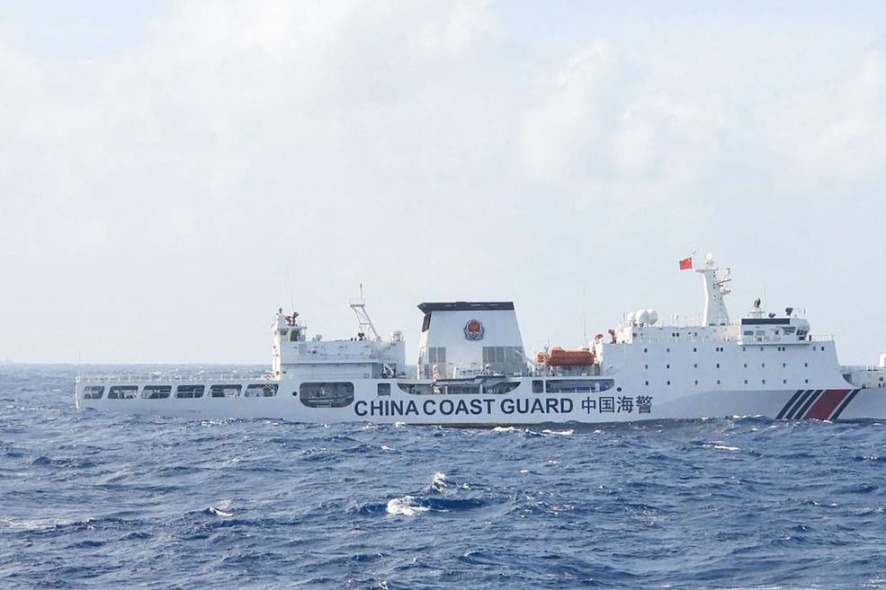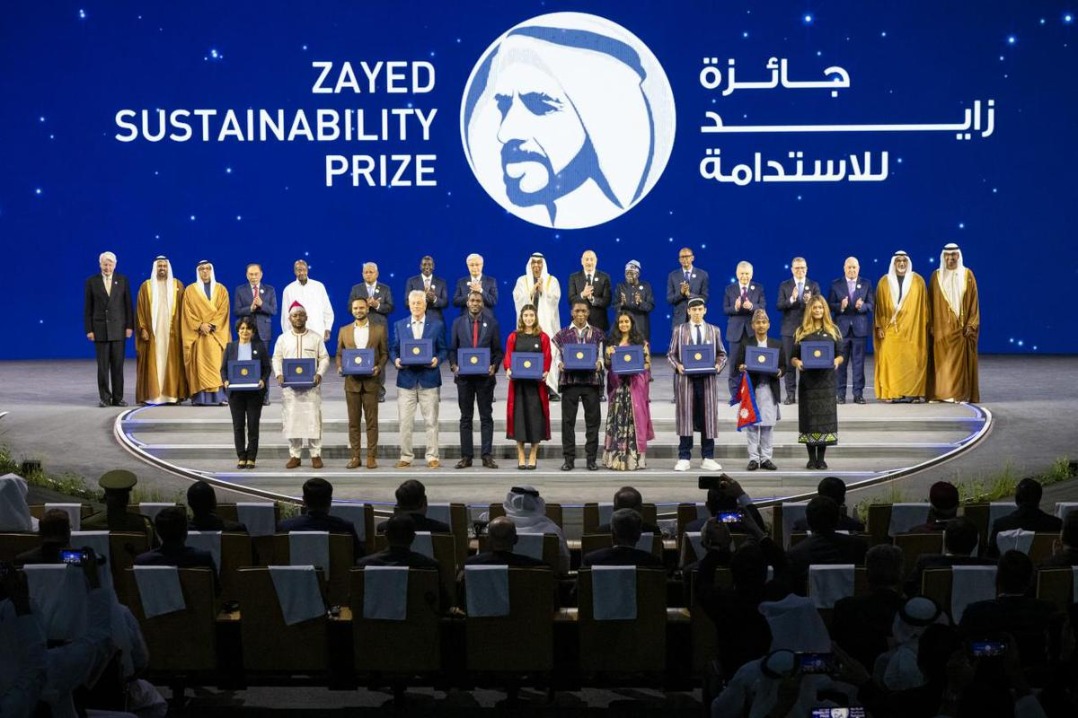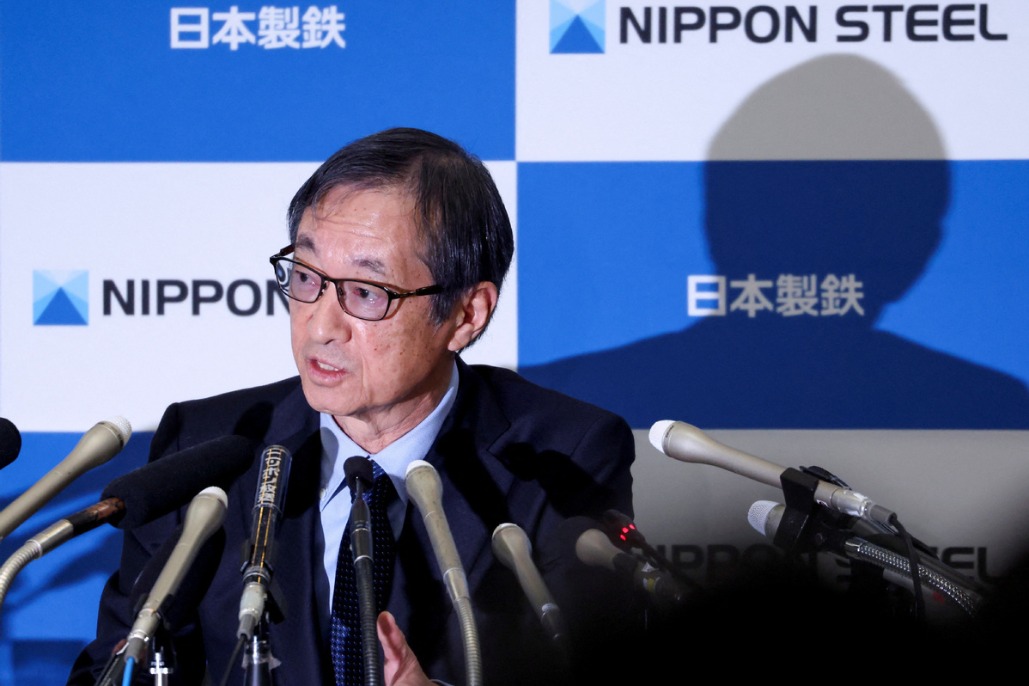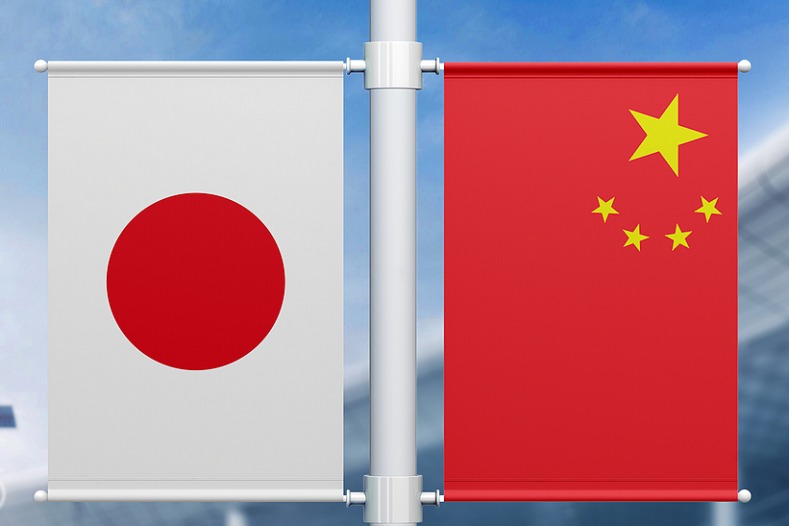Political motive seen in US charges against Hamas


The United States' criminal charges against Hamas leaders for their role in the Oct 7 attacks on Israel are "politically motivated", aimed at reducing pressure on Israel even as Prime Minister Benjamin Netanyahu is accused of being the "main obstacle" in the cease-fire talks.
Former Israeli war cabinet member Benny Gantz has accused Netanyahu of being an obstacle in negotiations and for prioritizing the Philadelphi Corridor over the return of hostages after the death of six Israeli captives whose causes of death have yet to be determined as violence rages on in Gaza, most recently the West Bank.
Ayman Yousef, a professor of international relations at the Arab American University in Jenin in the West Bank, told China Daily that the timing of the US announcement "is part of their negotiation strategy".
"I think the US wants to put more pressure on Hamas to surrender a part of their demands," said Yousef.
They are still unable to have a deal or to negotiate a deal, he added.
Rami Khouri, a distinguished fellow at the American University of Beirut, questioned the US decision to charge Hamas' top leaders in an interview with Al Jazeera and said Washington was behaving like an "imperial colonial power" over its refusal to apply the law equally on all parties accused of violations.
Further, he noted the US was keen to hold Hamas responsible for its actions but has no similar desire to hold Israel accountable for its actions. The International Criminal Court Prosecutor had earlier sought arrest warrants for both Hamas and Israeli officials, including Netanyahu.
It was announced on Tuesday that the US Justice Department in February launched criminal charges against Hamas leader Yahya Sinwar and other senior militants over their involvement in the attack on Oct 7 last year.
Netanyahu said at a news conference on Tuesday that the Philadelphi Corridor between the Gaza Strip and Egypt "will not be evacuated". If Israel gives up control, he said, Gaza "will become a terrorist enclave".
But countries such as Jordan, Kuwait, Qatar, Saudi Arabia and Iraq have condemned Netanyahu's remarks alleging Hamas was receiving weapons through the corridor.
In a statement, Jordan's Foreign Ministry said the allegations were "baseless" and were intended to obstruct the ongoing cease-fire negotiations, in which Egypt is a key mediator.
Jasem Mohamed Albudaiwi, Secretary General of the Gulf Cooperation Council, stressed GCC's "full rejection of such irresponsible statements, which do not serve peace in the region but rather contribute to increasing tension and exacerbating the situation".
Meanwhile, Balakrishnan Rajagopal, the United Nations Special Rapporteur on the right to adequate housing, posted on his X account that what the Israeli army is doing in Jenin and other locations in the West Bank "is a continuation of the extermination campaign".
On the battlefield, Israeli forces killed at least 35 Palestinians across Gaza on Tuesday, Palestinian officials said, but brief pauses in fighting allowed medics to conduct a third day of polio vaccinations for children, according to Reuters.
A shipment of 350,000 polio vaccine doses arrived in the Gaza Strip on Tuesday. A total of approximately 1.6 million doses are expected to arrive, enough to vaccinate all children from birth to 10 years old with two doses each, Xinhua News Agency reported.

































